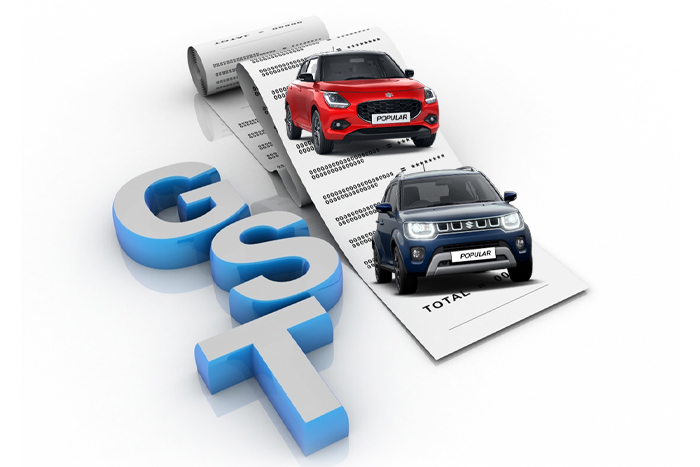Choosing the right car dealership is a crucial step in the car-buying process. The dealership you select can significantly impact your overall purchasing experience, from the quality of customer service to the deals and after-sales support you receive. Here’s some guidance on how to choose the right car dealership for your needs.
Research Reputation and Reviews
Start by researching the reputation of car dealerships in your area. Online reviews and ratings on platforms like Google, Facebook, and automotive forums can provide valuable insights into the experiences of other customers. Look for dealerships with consistently positive reviews, especially those that highlight customer service, transparency, and after-sales support. It’s essential to read multiple reviews to get a well-rounded view and pay attention to recurring themes in customer feedback. Also, check how the dealership responds to negative reviews, as this can indicate their commitment to customer satisfaction.
Check the Dealership’s Inventory
The dealership’s inventory is another critical factor to consider. A good dealership should have a wide selection of vehicles, including various models, colors, and configurations. Whether you’re looking for a new or certified pre-owned car, the availability of options can save you time and ensure you find the perfect vehicle that meets your needs. A diverse range of models and variants also indicates that the dealership is well-stocked and ready to cater to different customer preferences.
Consider Location and Accessibility
Location and accessibility are also important when choosing a dealership. While a distant dealership might offer a good deal, consider how convenient it will be to visit for test drives, maintenance visits, and other interactions. A dealership close to your home or workplace will make it easier to manage these aspects, reducing transportation costs and saving time. Proximity also allows for a stronger relationship with the dealership, which can be beneficial for future needs.
Evaluate Customer Service
Customer service plays a pivotal role in the car-buying process. The right dealership will prioritize your needs, providing helpful, respectful, and transparent service throughout the entire process. Pay attention to how the sales representatives treat you during your initial inquiries, whether in person, over the phone, or online. Good customer service is reflected in knowledgeable staff who are willing to answer questions without pressuring you to make an immediate purchase. Clear communication about pricing, financing, and additional fees is also a sign of a customer-focused dealership.
Compare Prices and Offers
Pricing and offers can vary significantly between dealerships, even for the same model. It’s advisable to compare prices and special offers across different dealerships before making a decision. Inquire about ongoing promotions, discounts, or financing deals that might be available. Be sure to ask about any hidden fees, such as documentation fees, that could increase the final price. Negotiating the price or asking for additional perks is common and can lead to a better overall deal.
Review Financing Options
If you plan to finance your car, it’s important to explore the financing options offered by the dealership. Some dealerships have partnerships with banks or financial institutions that provide competitive interest rates. Compare these offers with what you might get directly from your bank to ensure you’re getting the best deal. Consider the interest rates, loan terms, and any special financing deals for specific models.
Check After-Sales Support and Services
After-sales support is an essential aspect of the car ownership experience. A dealership that offers reliable after-sales services, such as maintenance, repairs, and warranty support, can save you time and hassle in the long run. Look for dealerships with authorized service centers, comprehensive warranty coverage, and good customer feedback on their after-sales services.
Inspect the Dealership’s Facilities
Visit the dealership to get a sense of its facilities and overall environment. A well-maintained, clean, and professional showroom often reflects the dealership’s attention to detail and commitment to quality service. Check for cleanliness and organization in the showroom and service areas, as well as the availability of comfortable waiting areas for customers.
Consider the Dealership’s Longevity and Stability
A dealership with a long history in the community is often a good sign of stability and trustworthiness. Longevity usually indicates that the dealership has built a strong customer base and has experience handling various customer needs over time. Established dealerships are likely to have better-trained staff, long-standing relationships with manufacturers and financial institutions, and a higher likelihood of consistent service quality over time.
Look for Transparency and Honesty
Transparency is vital in any transaction, especially when buying a car. The right dealership will be upfront about pricing, fees, financing terms, and the condition of used vehicles. They should provide all necessary information without you having to ask multiple times. A transparent dealership offers clear and detailed information from the start, avoids hidden charges or last-minute additions to the price, and maintains honest communication about vehicle condition, history, and financing.
Choosing the right car dealership is as important as choosing the right car. By researching reputation, inventory, customer service, pricing, financing options, and after-sales support, you can ensure a positive car-buying experience. Take your time to evaluate your options, visit different dealerships, and make a decision that aligns with your needs and expectations. A reliable dealership will not only help you find the perfect car but will also support you throughout your car ownership journey.









